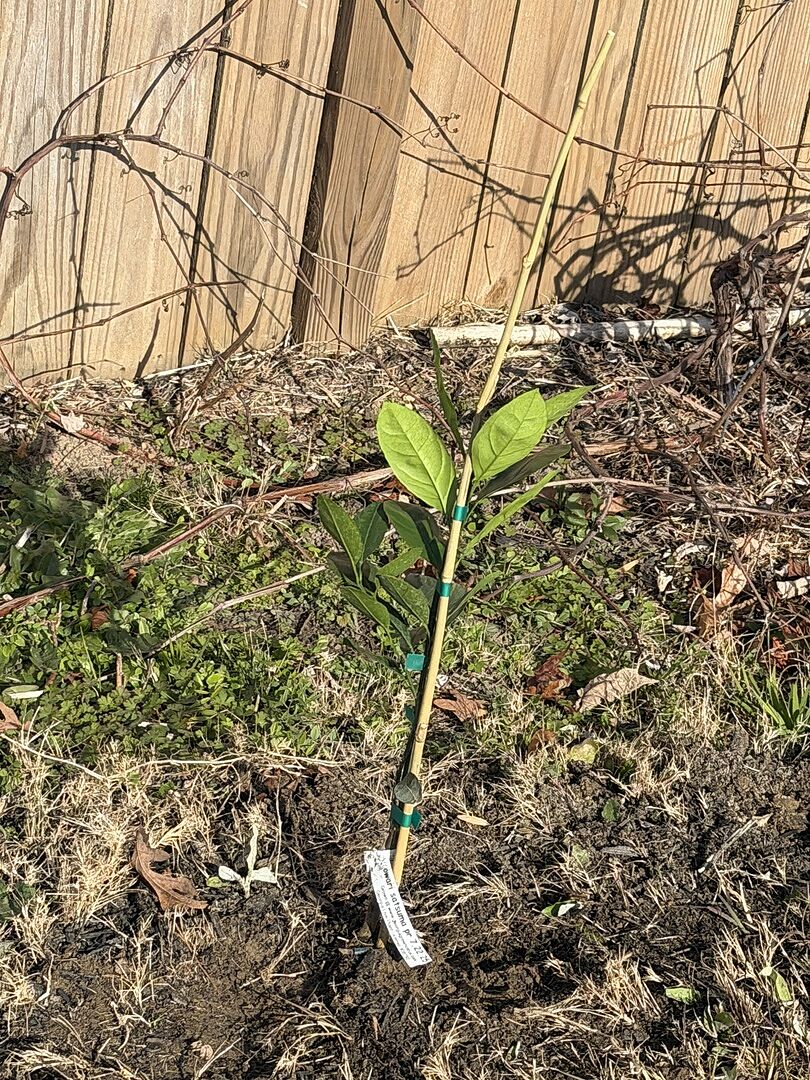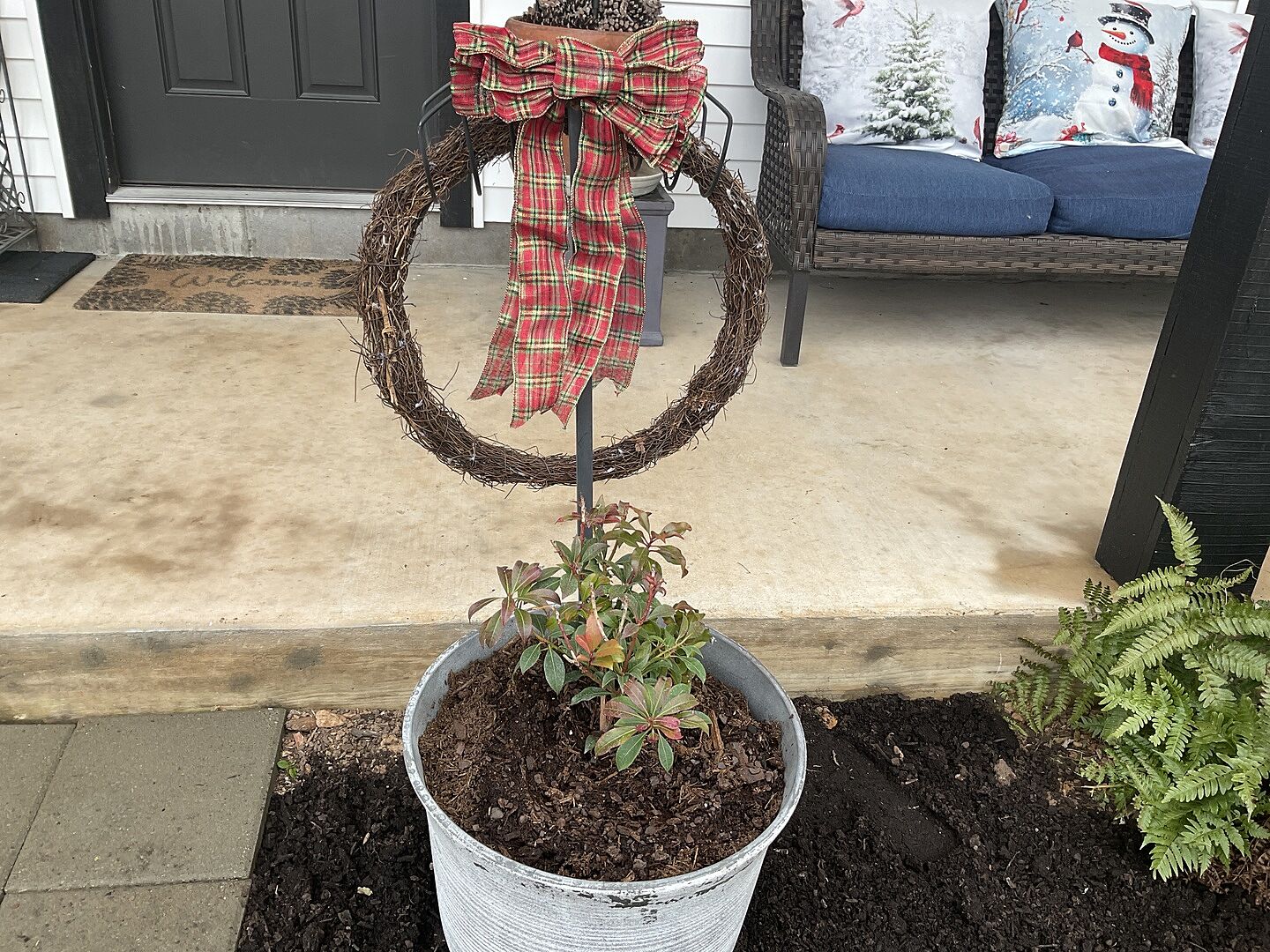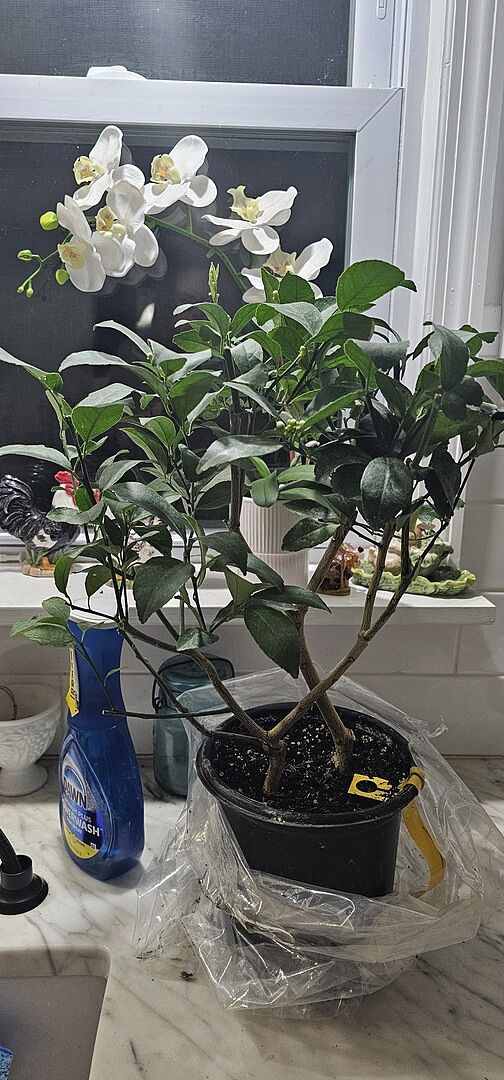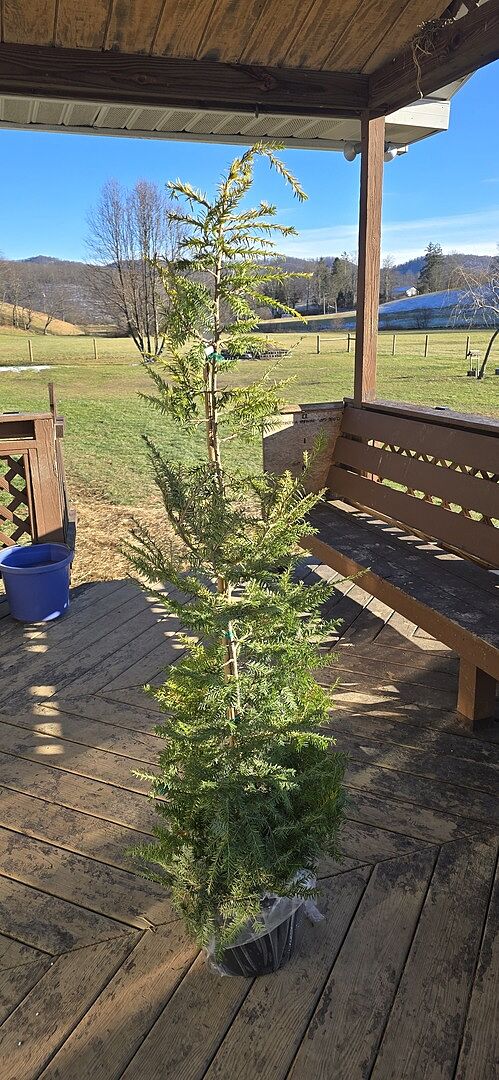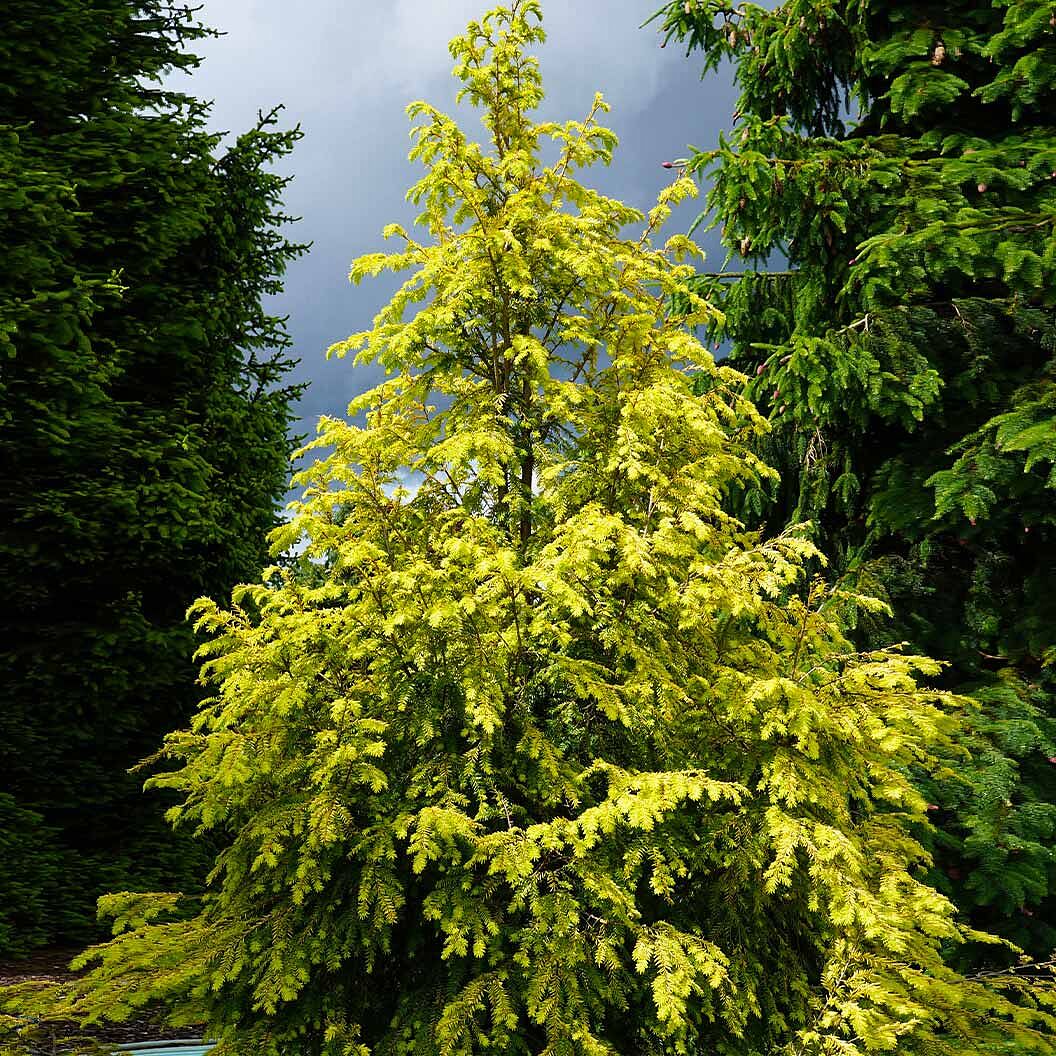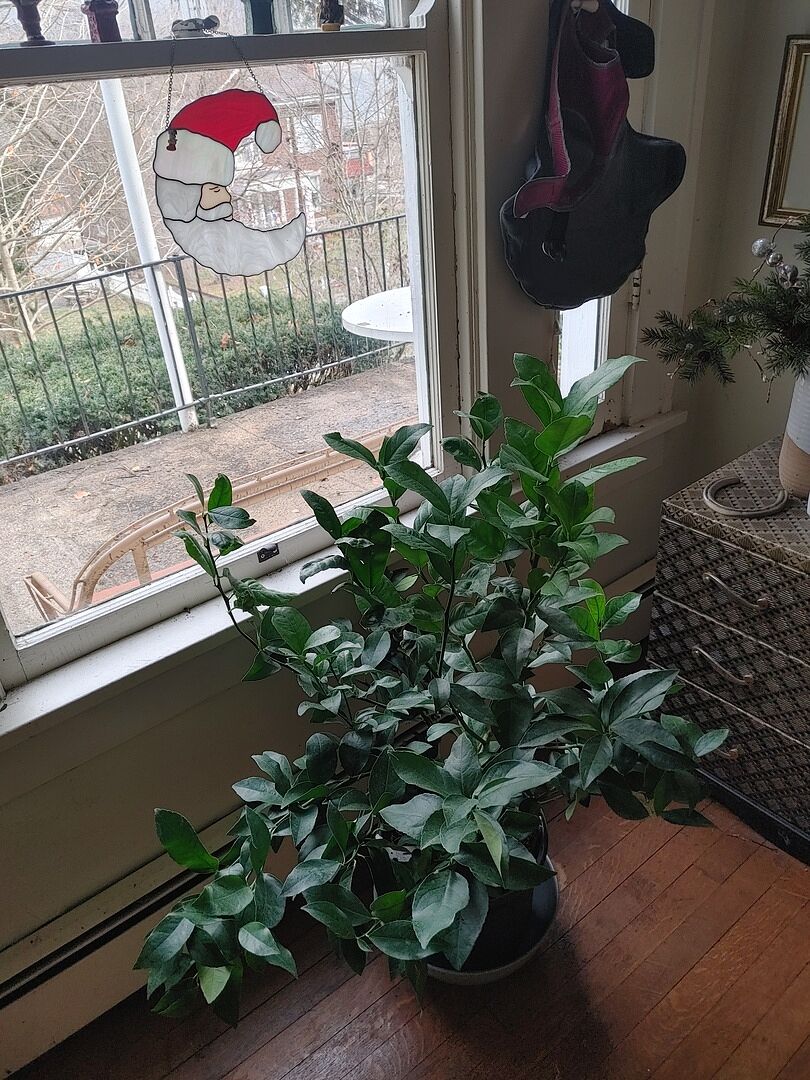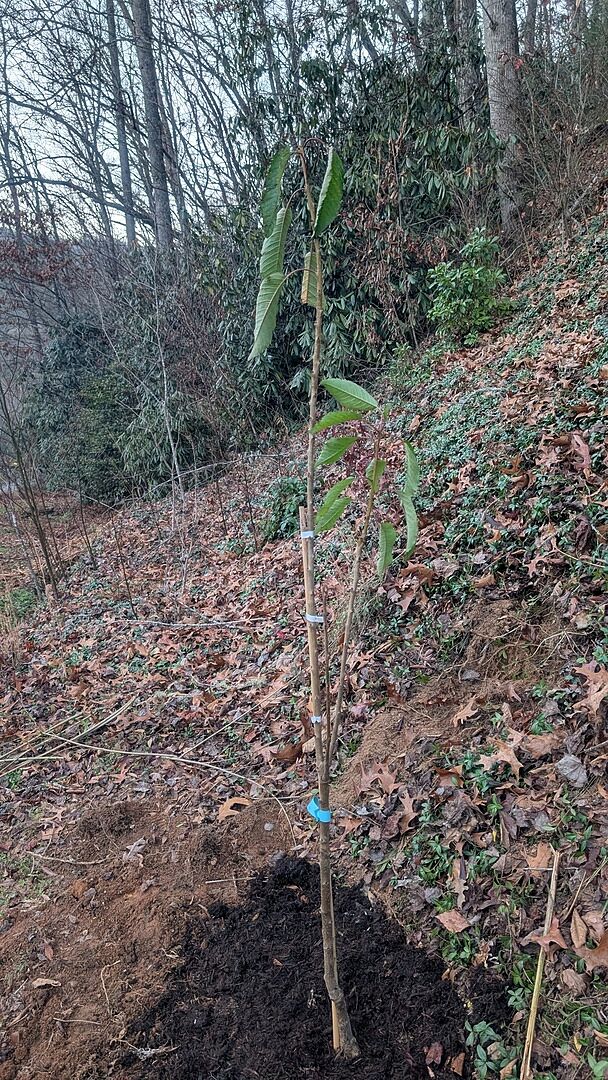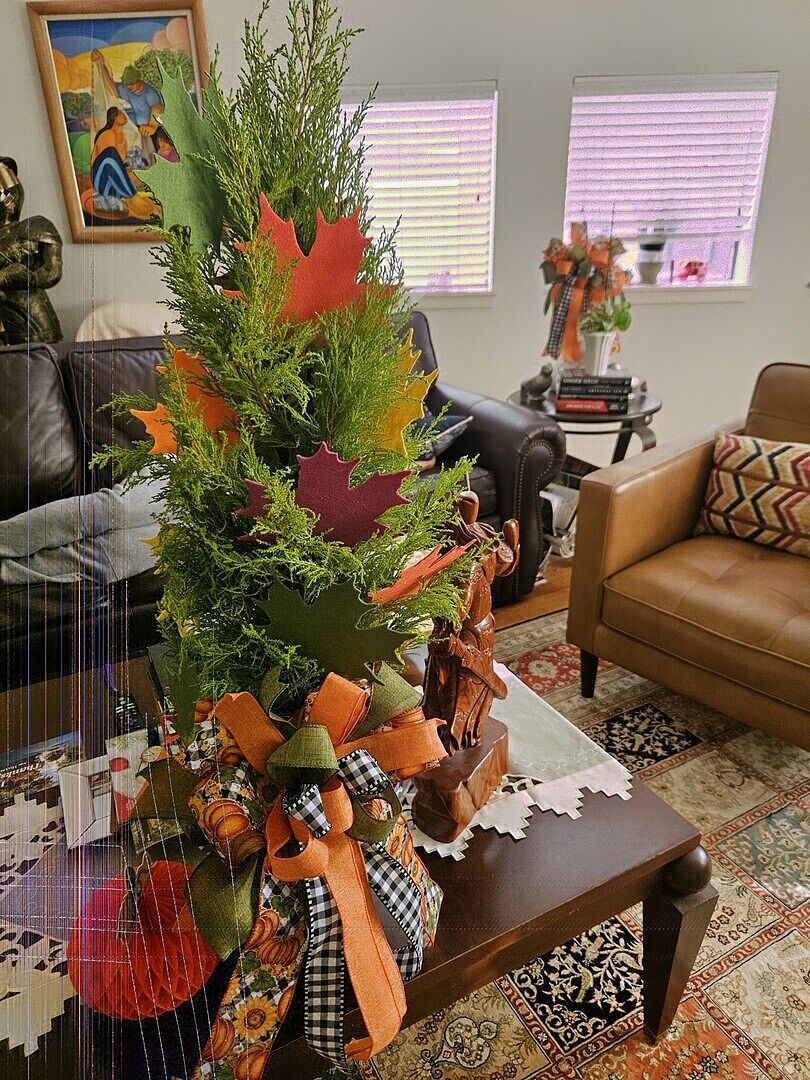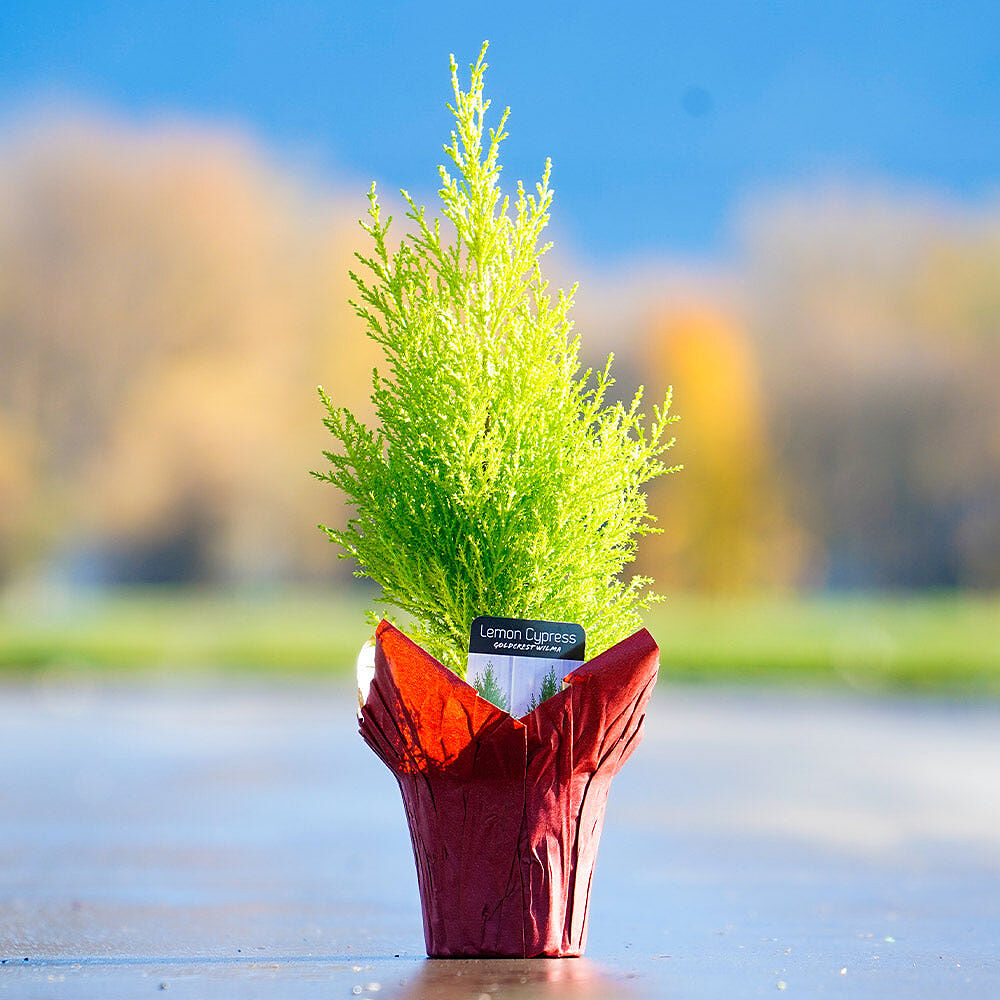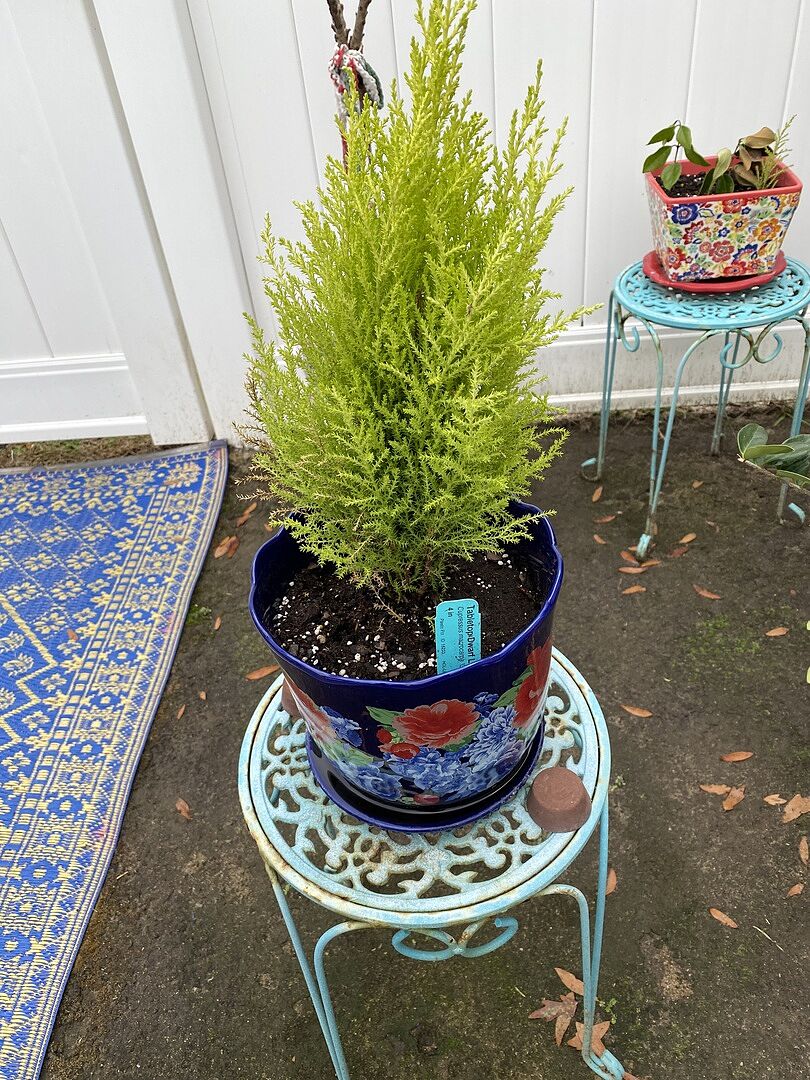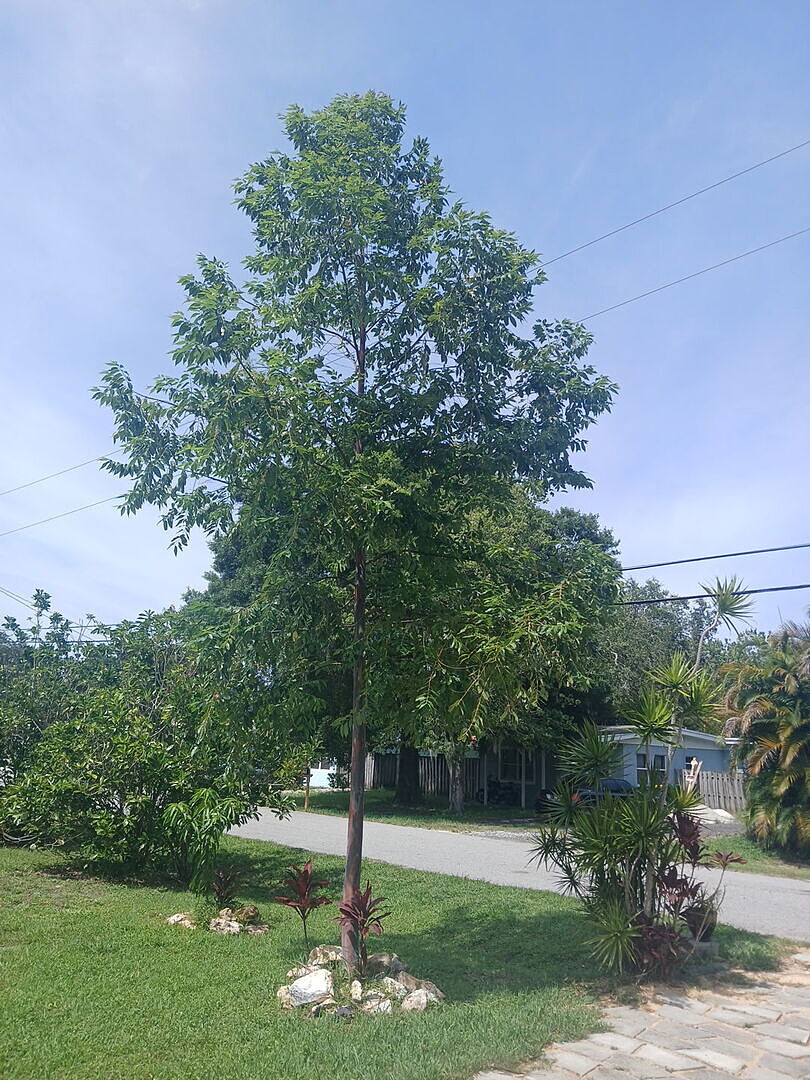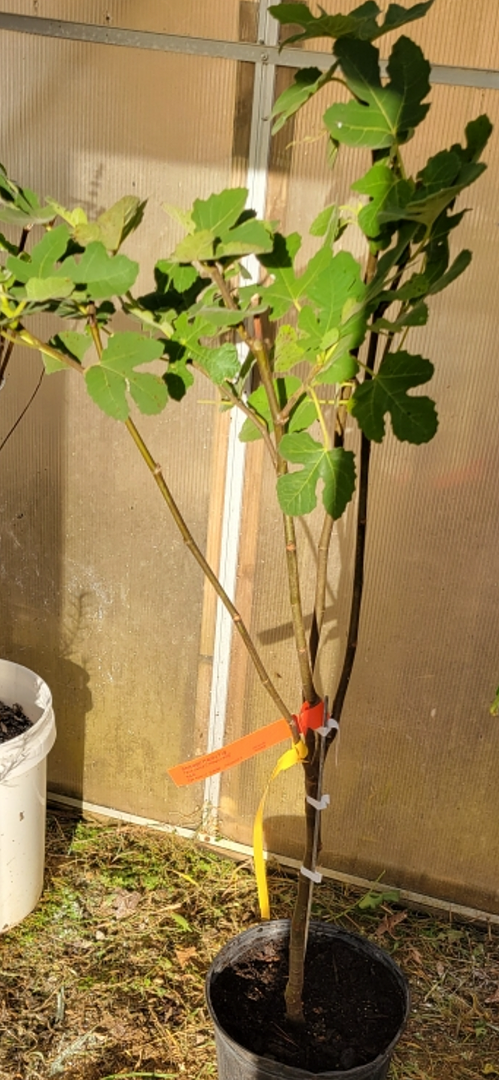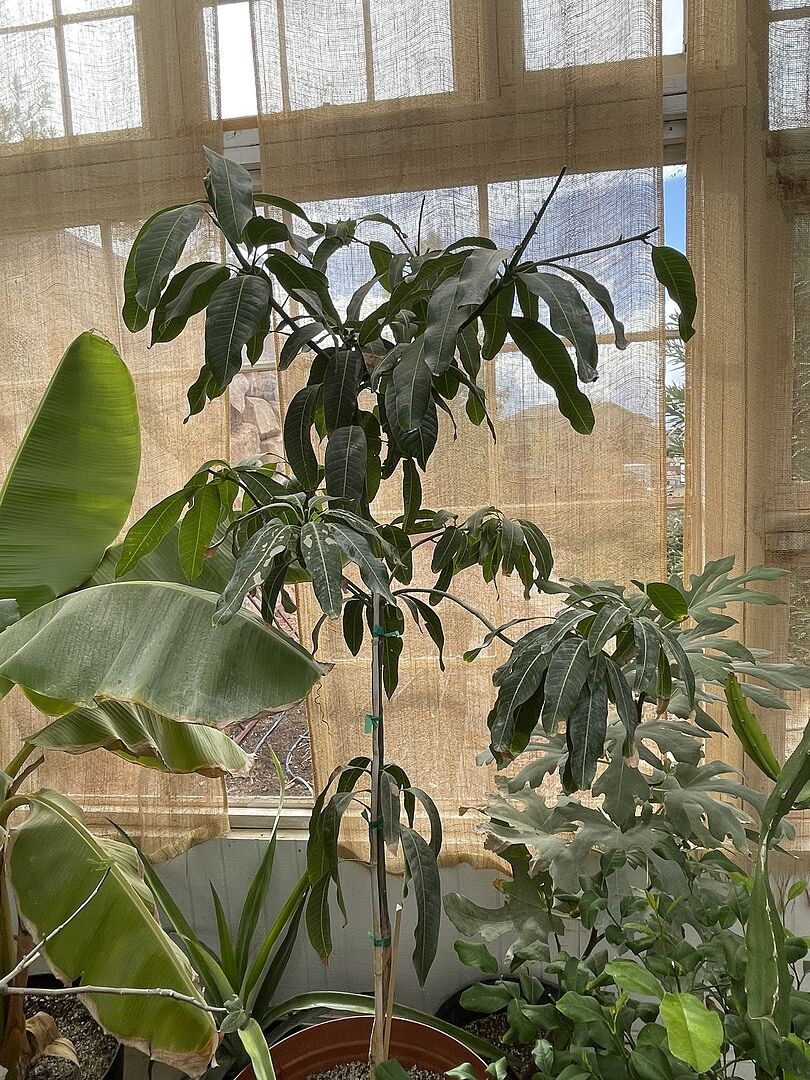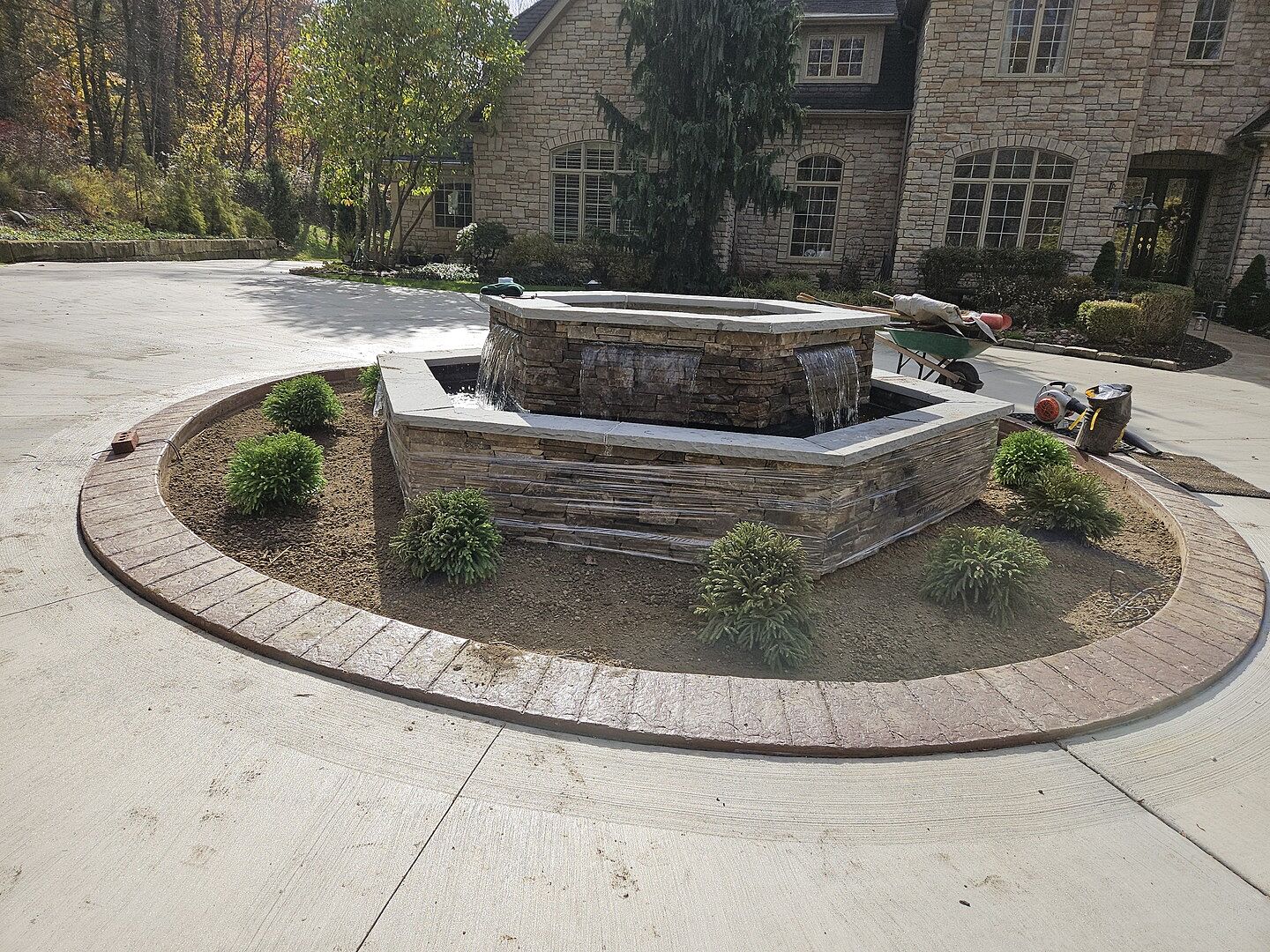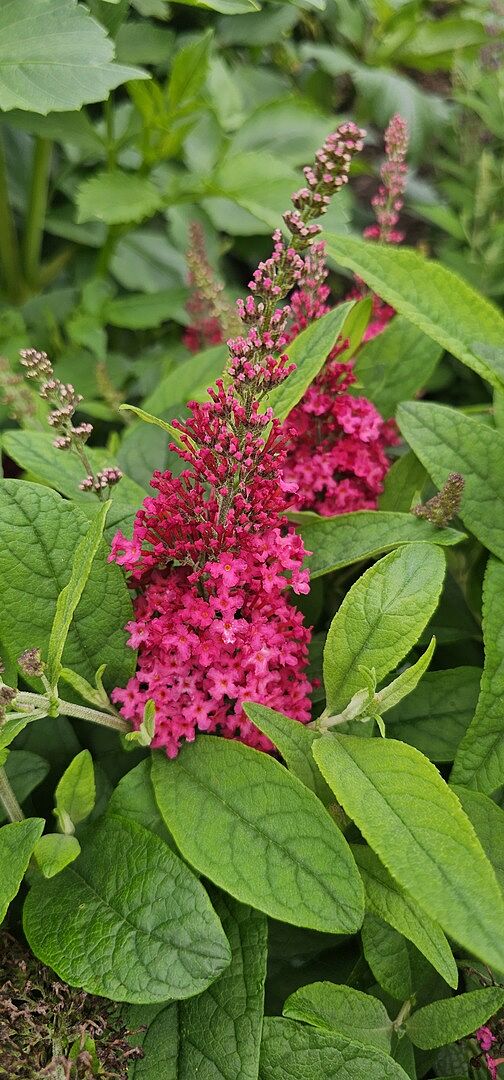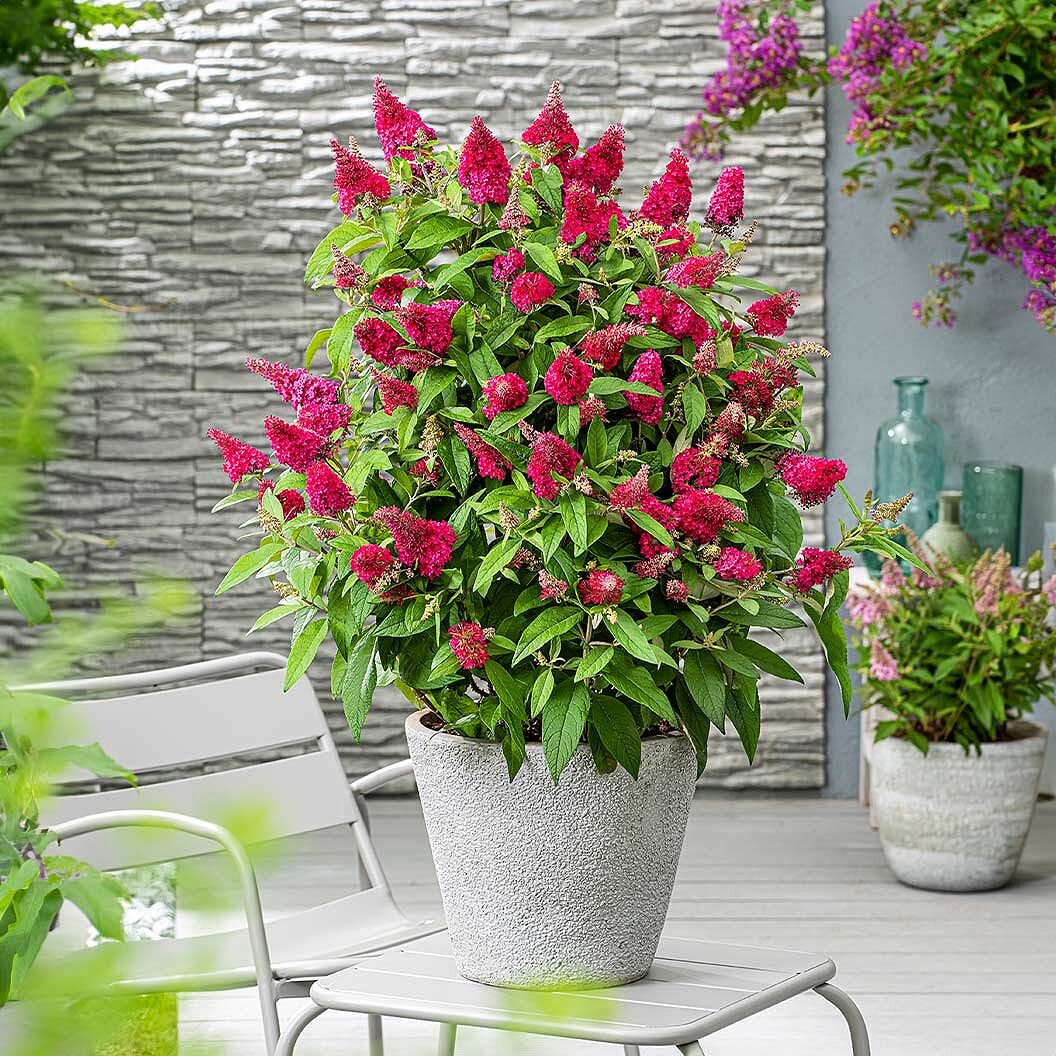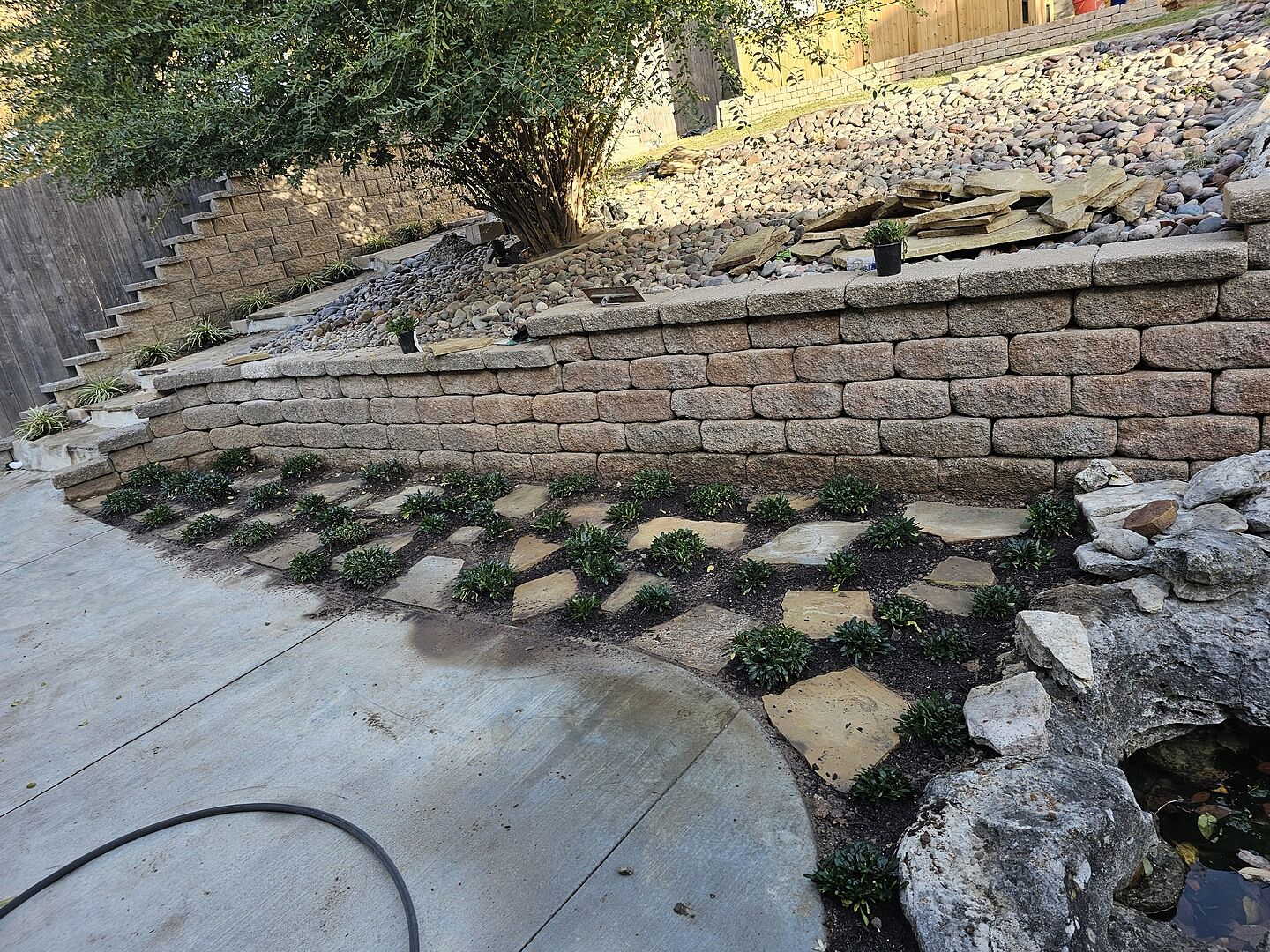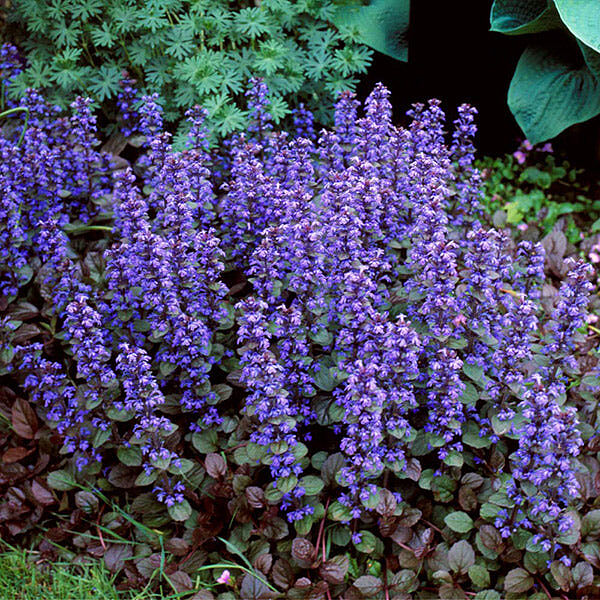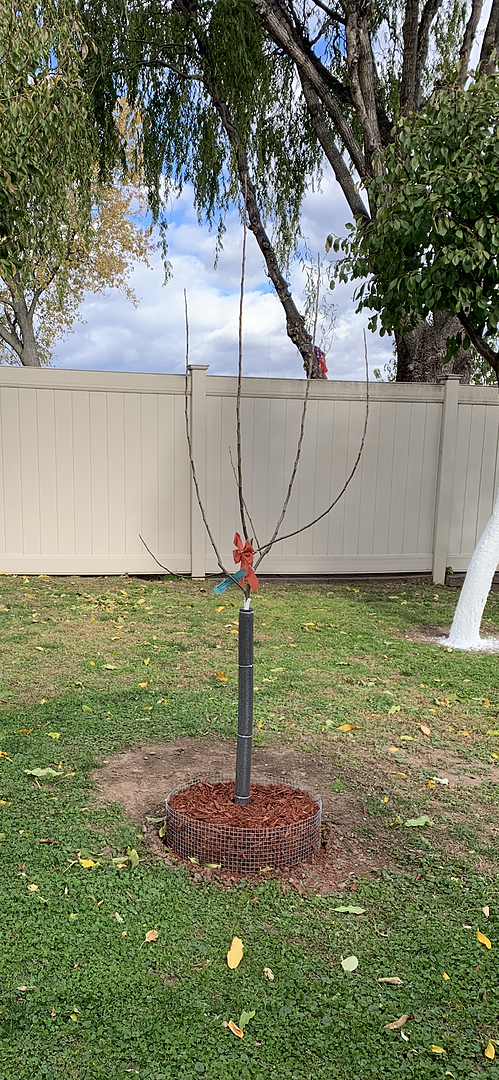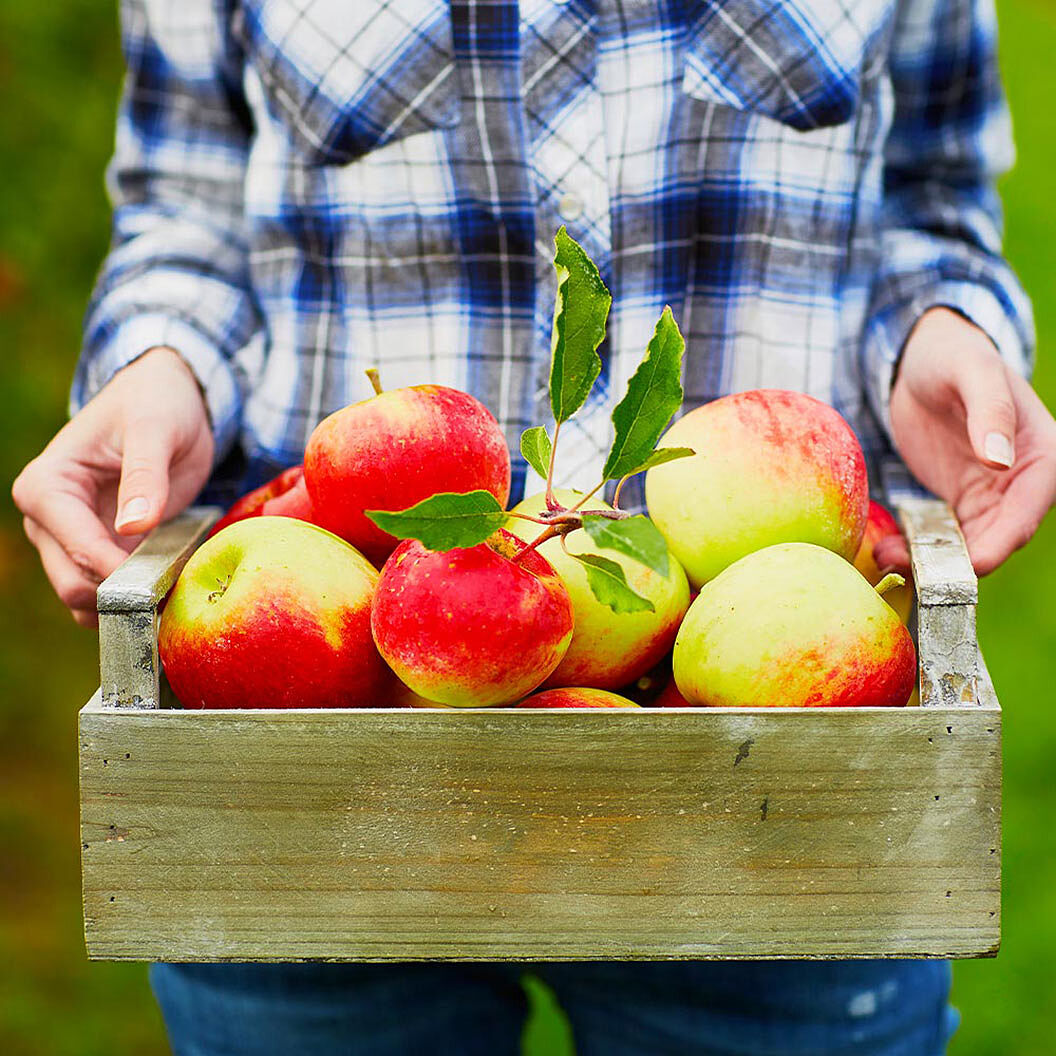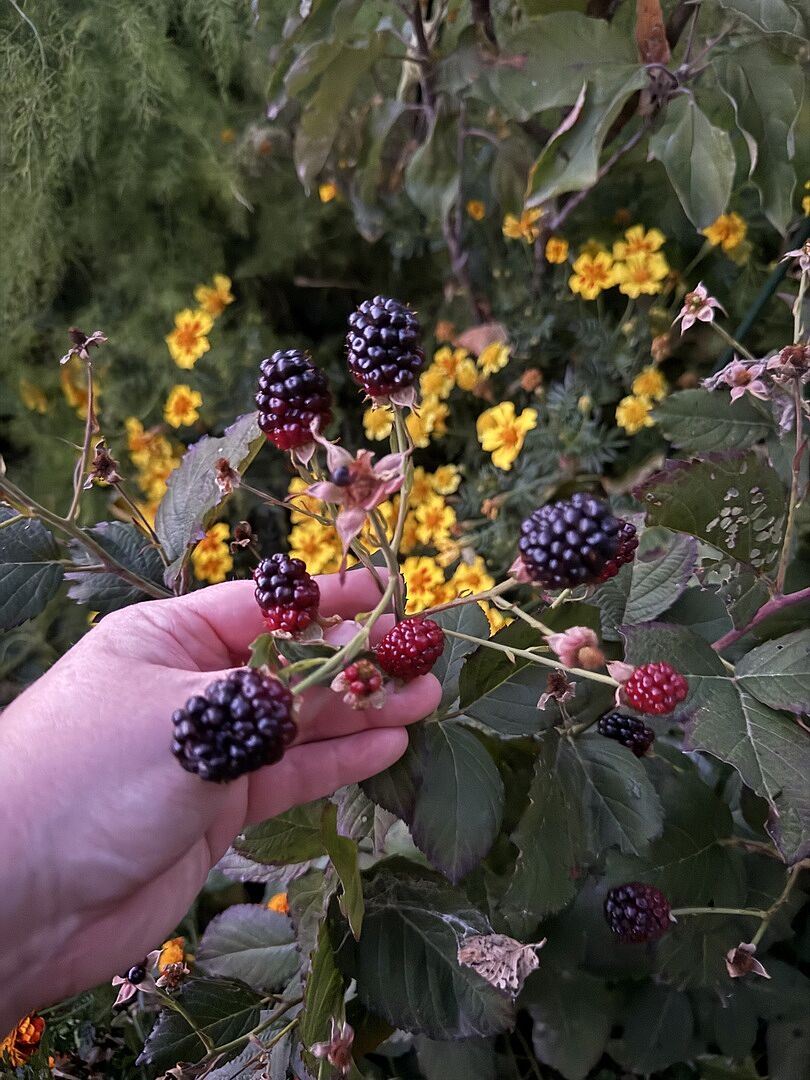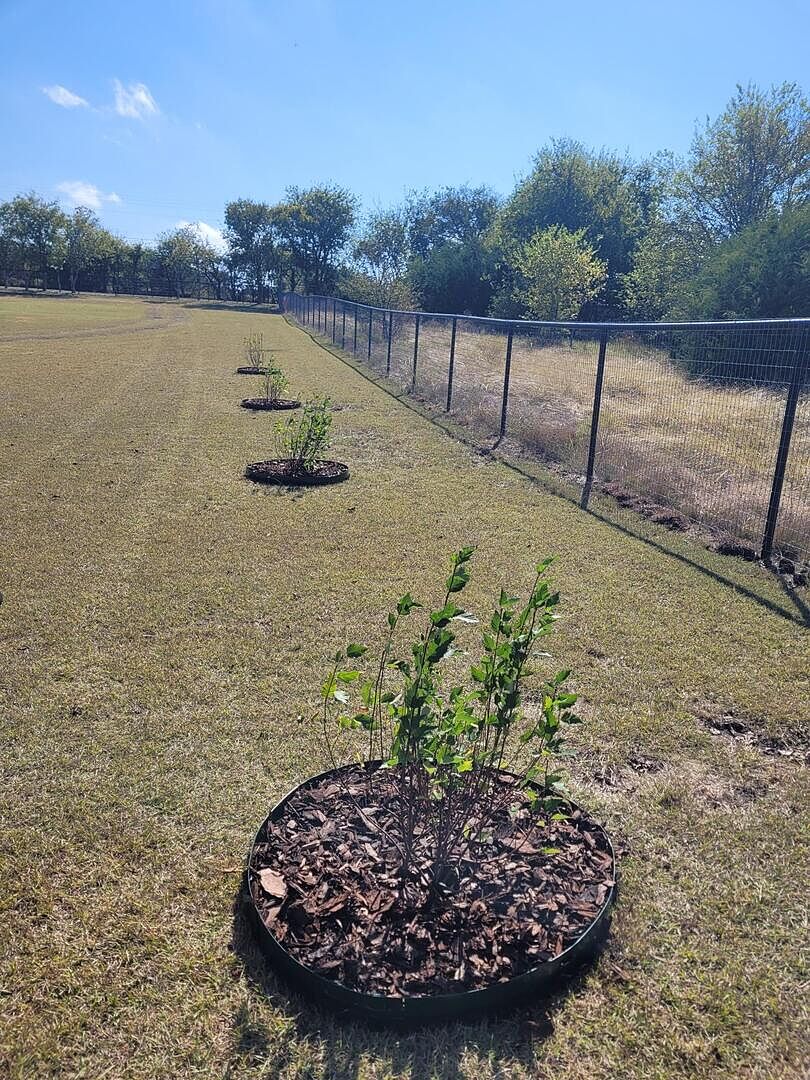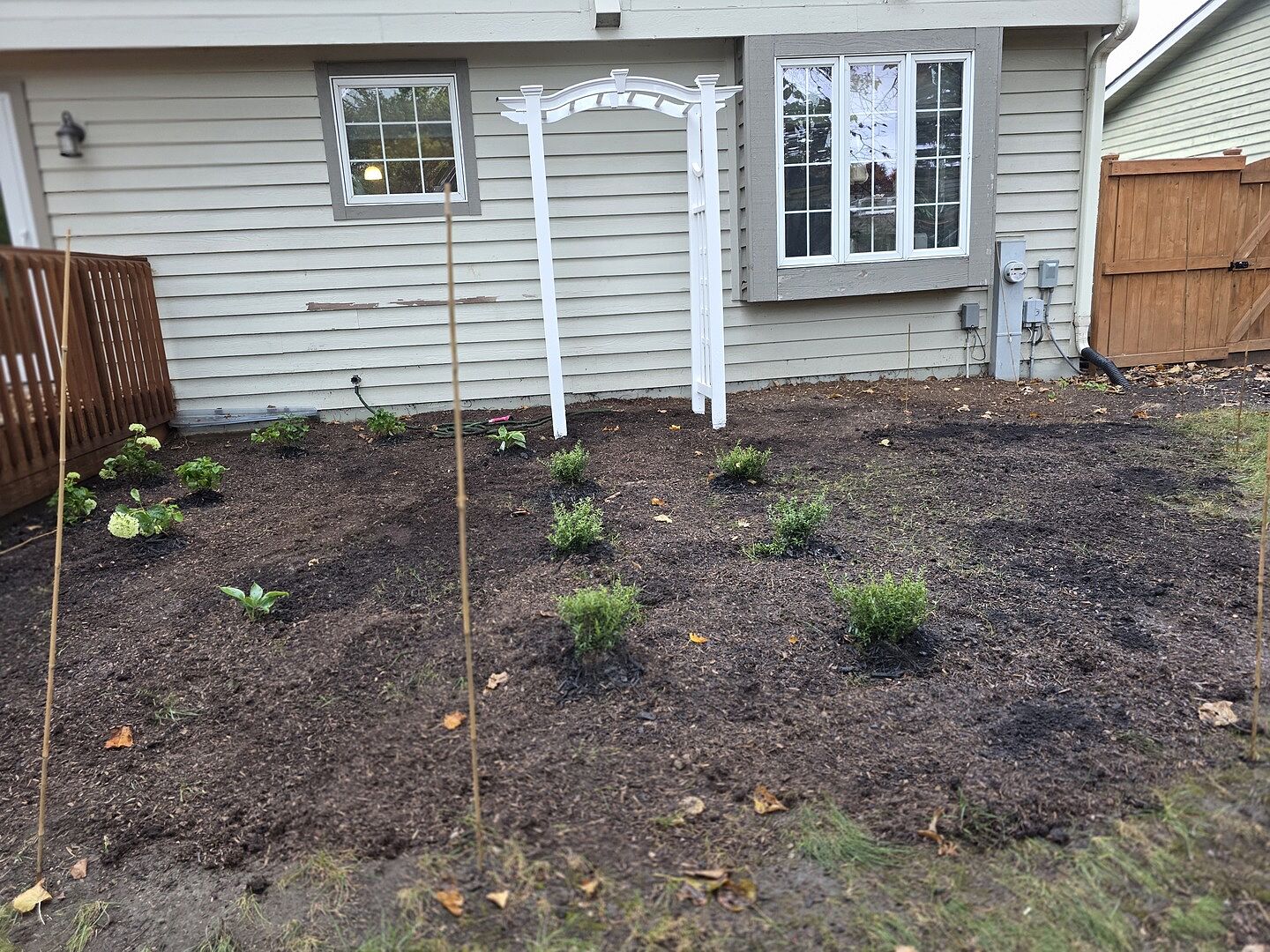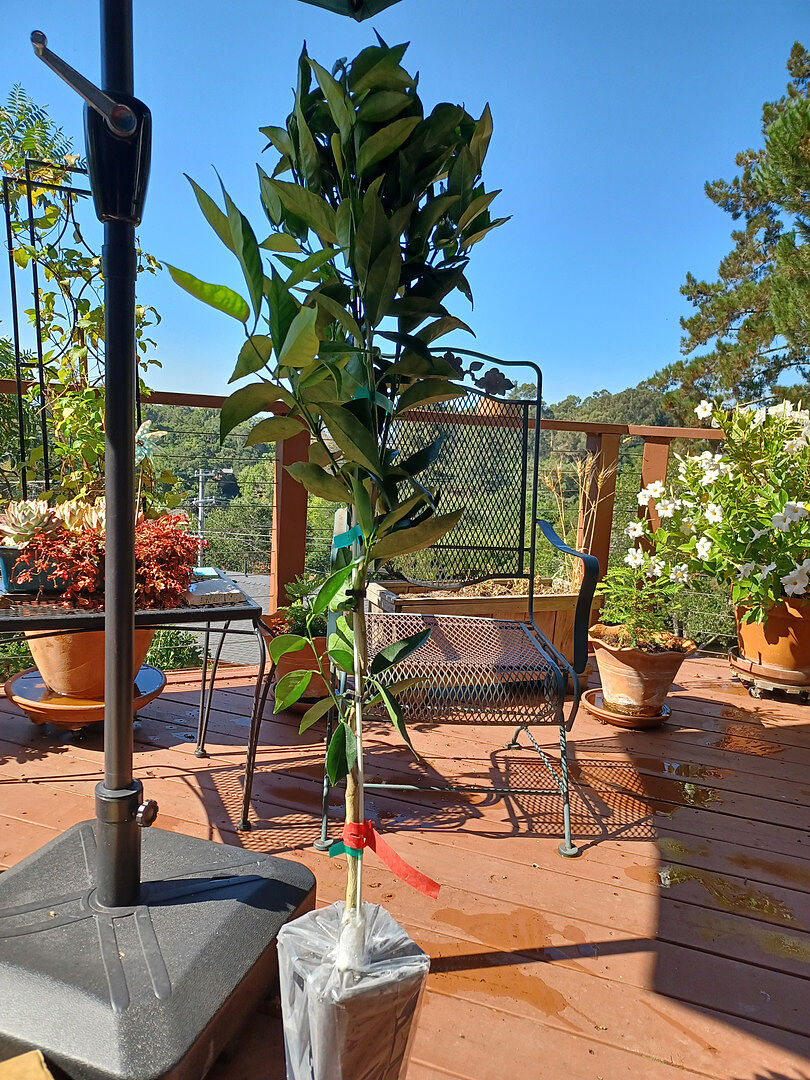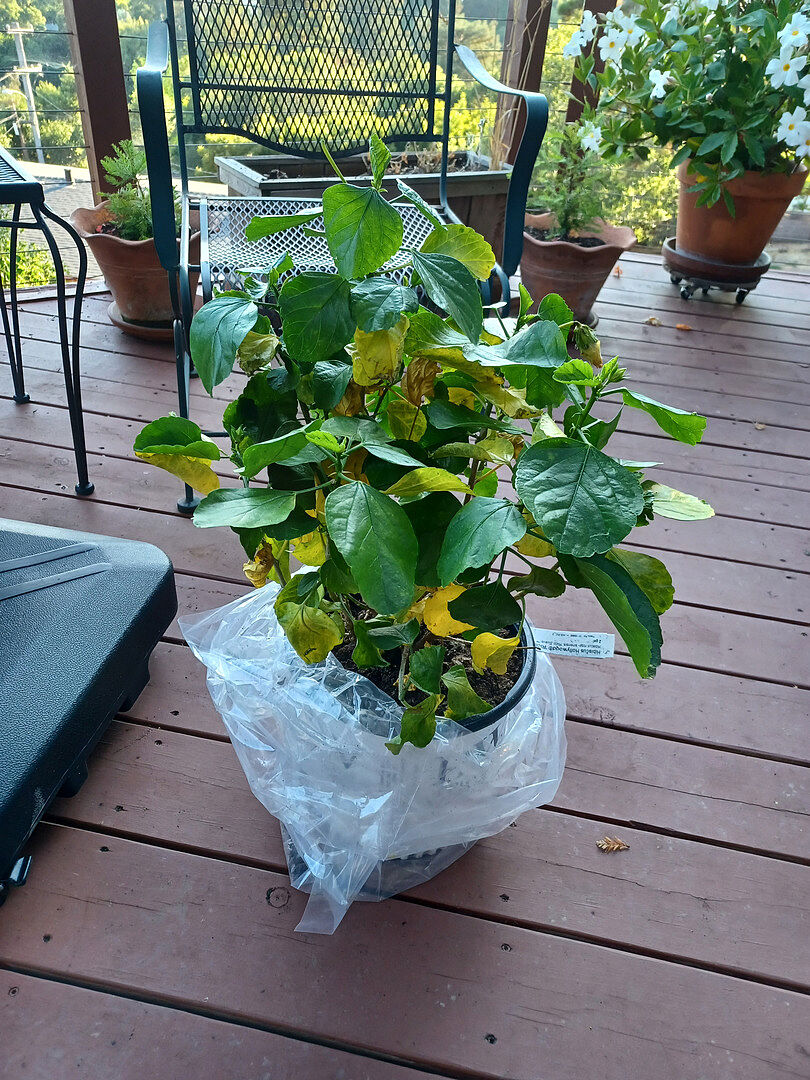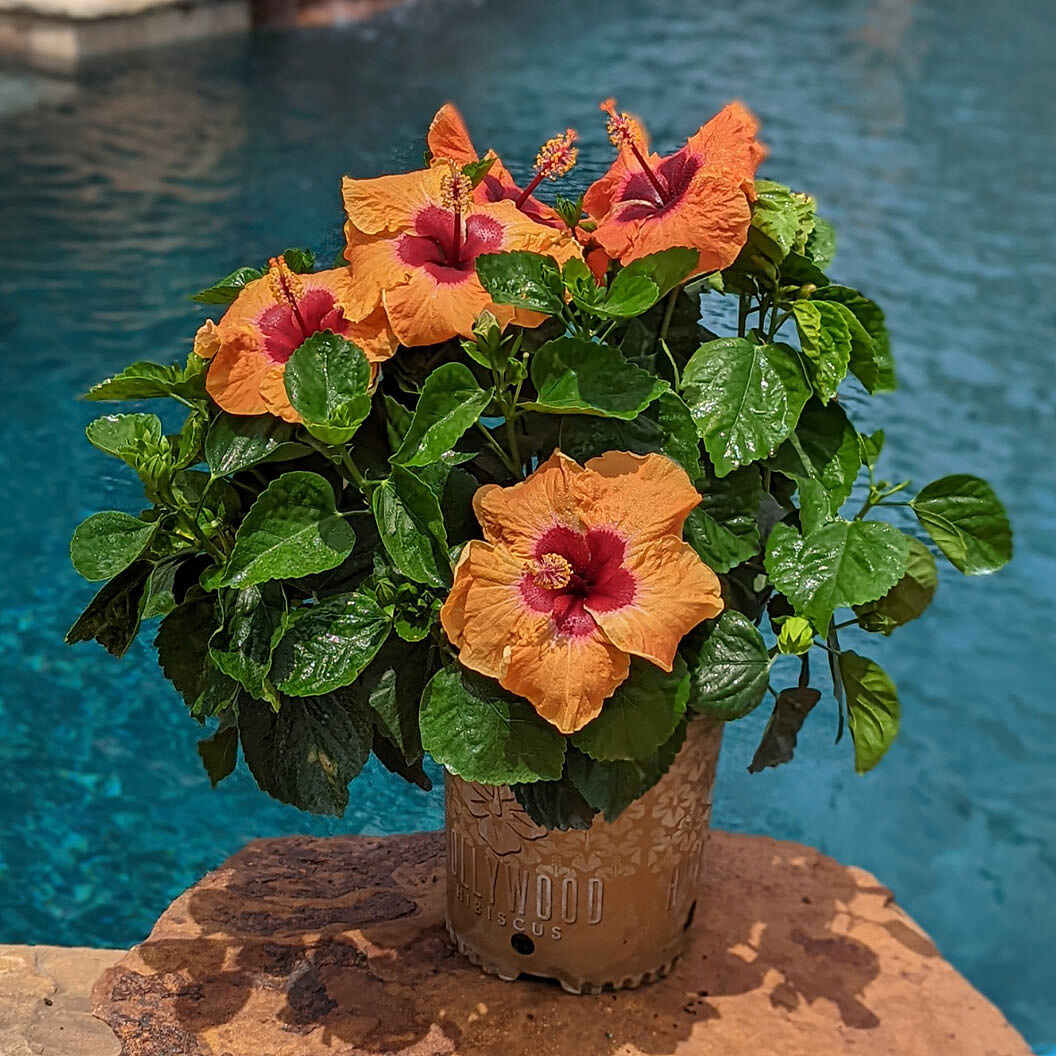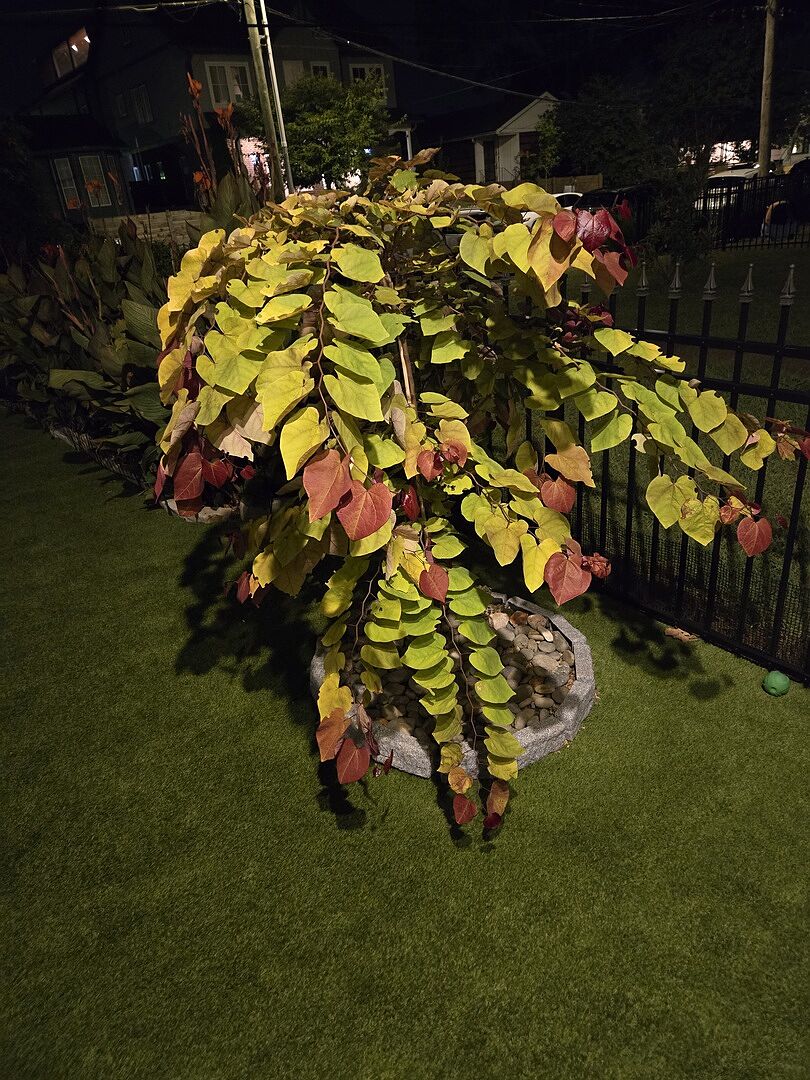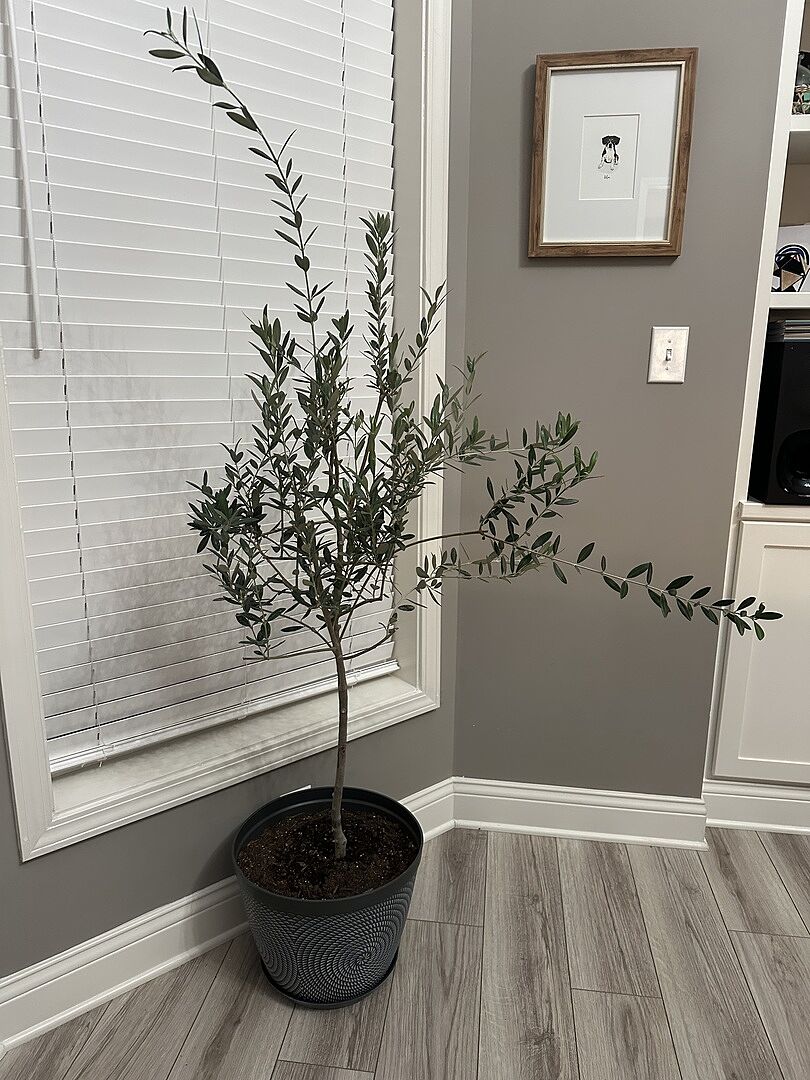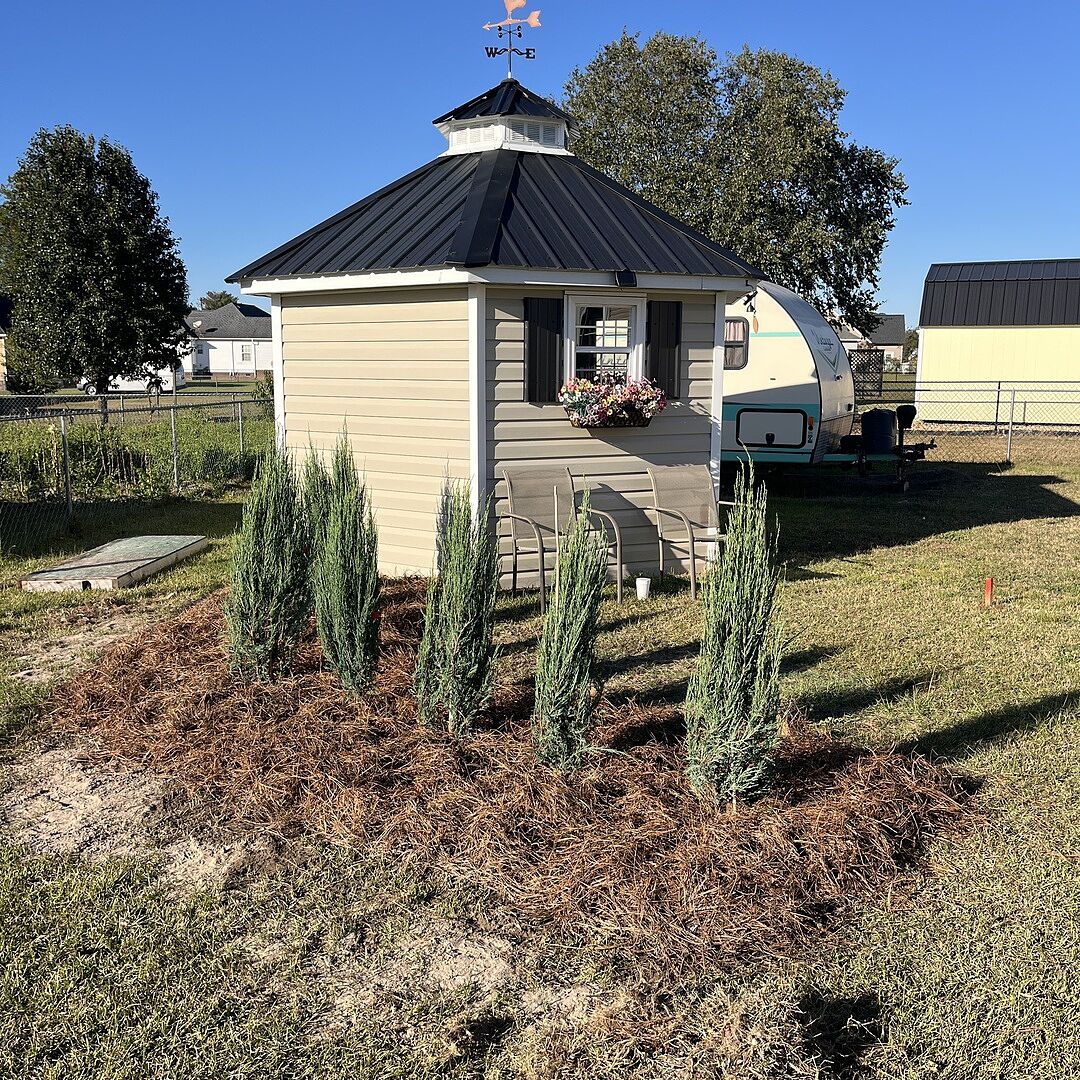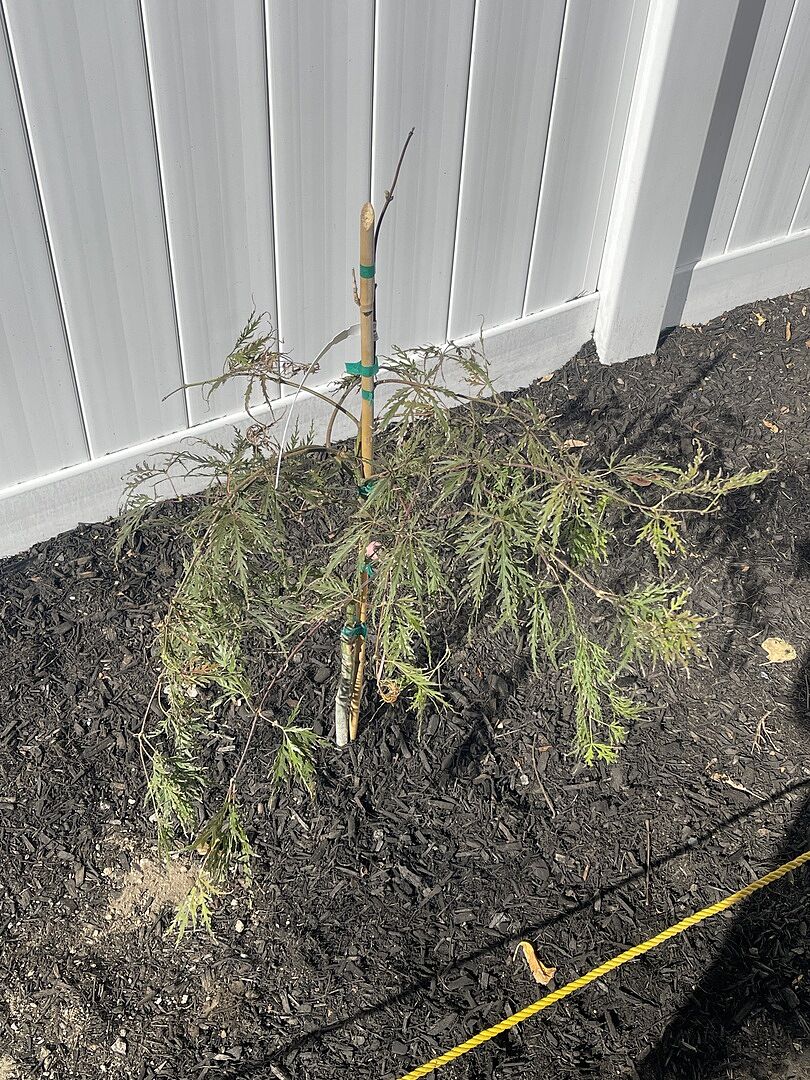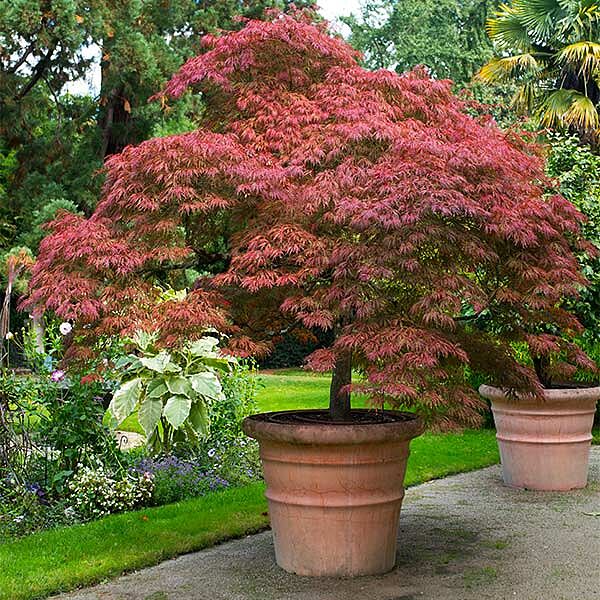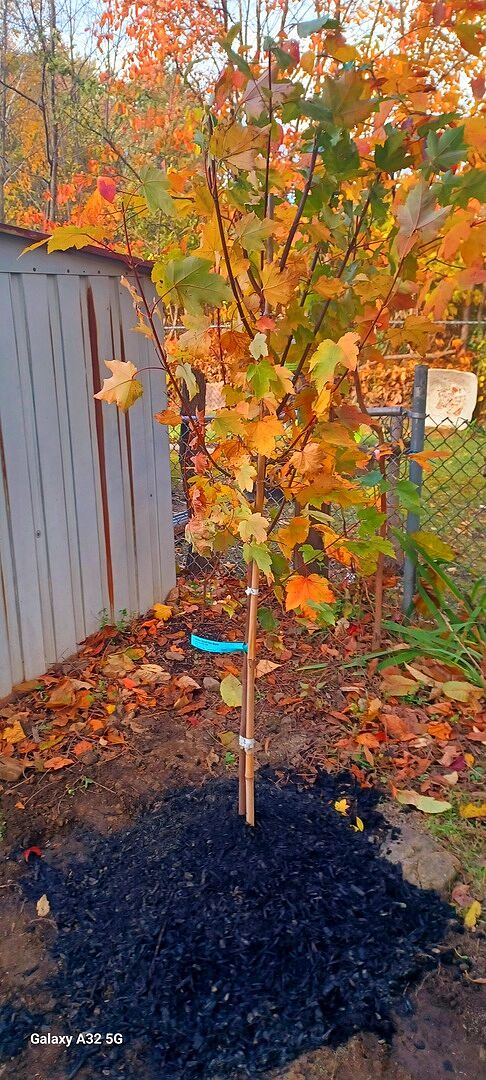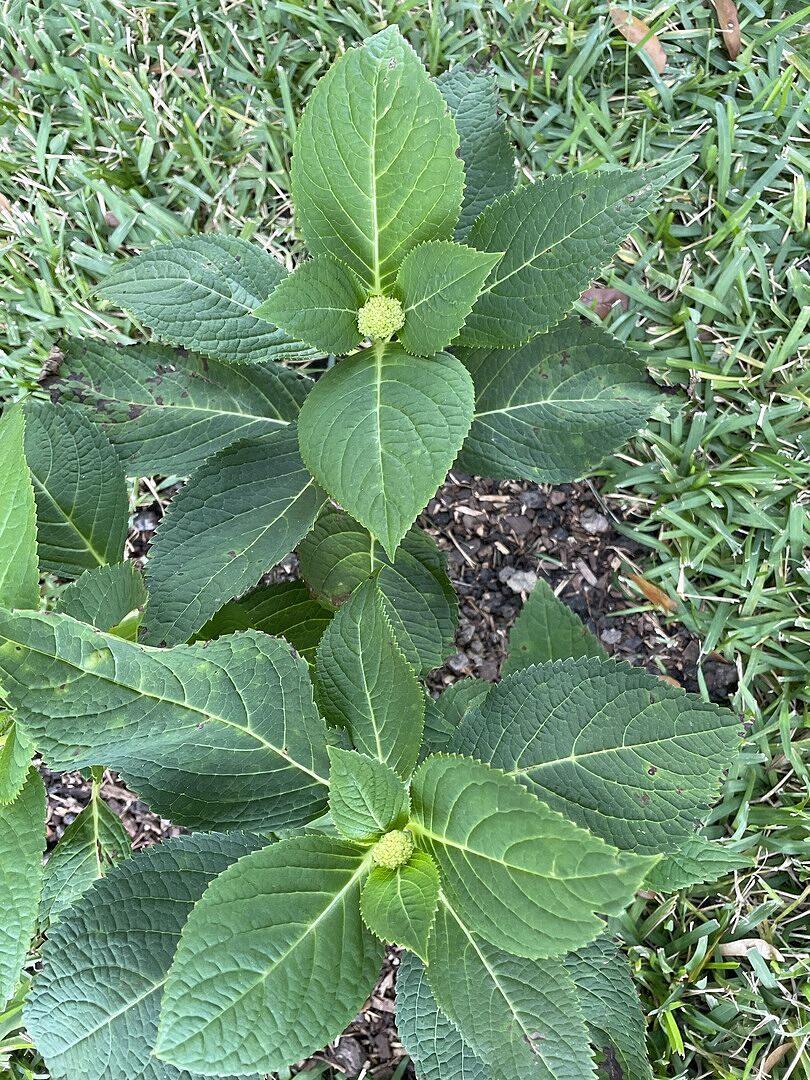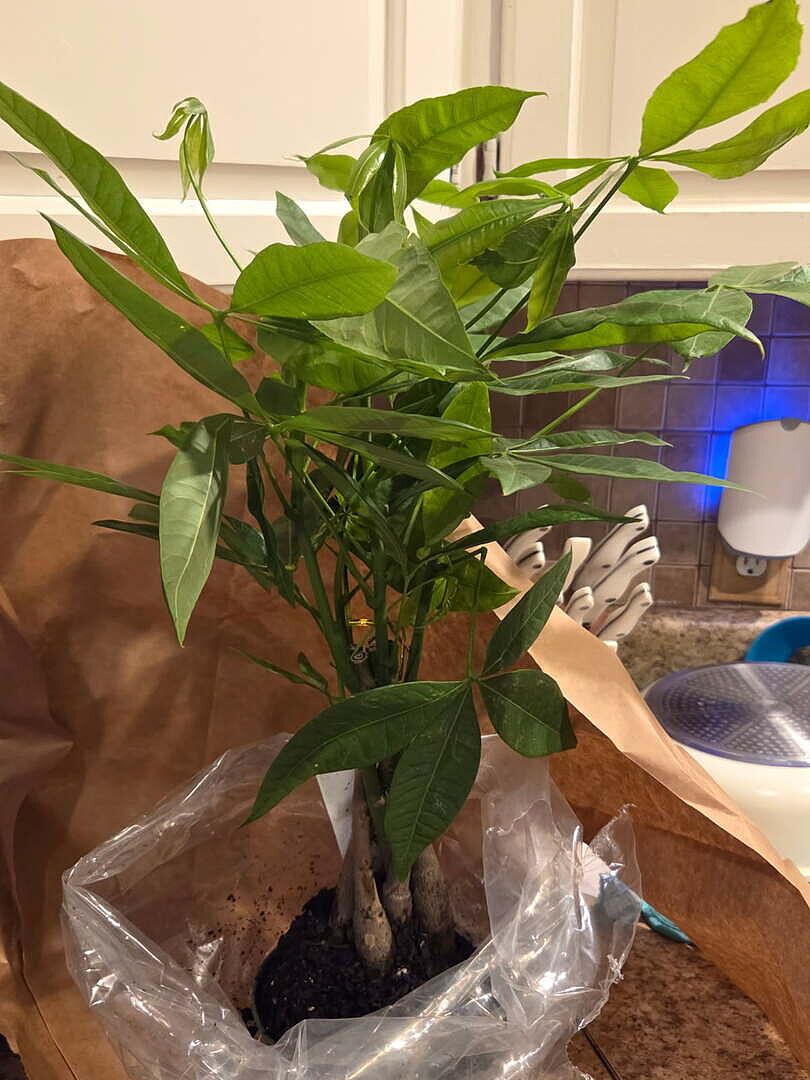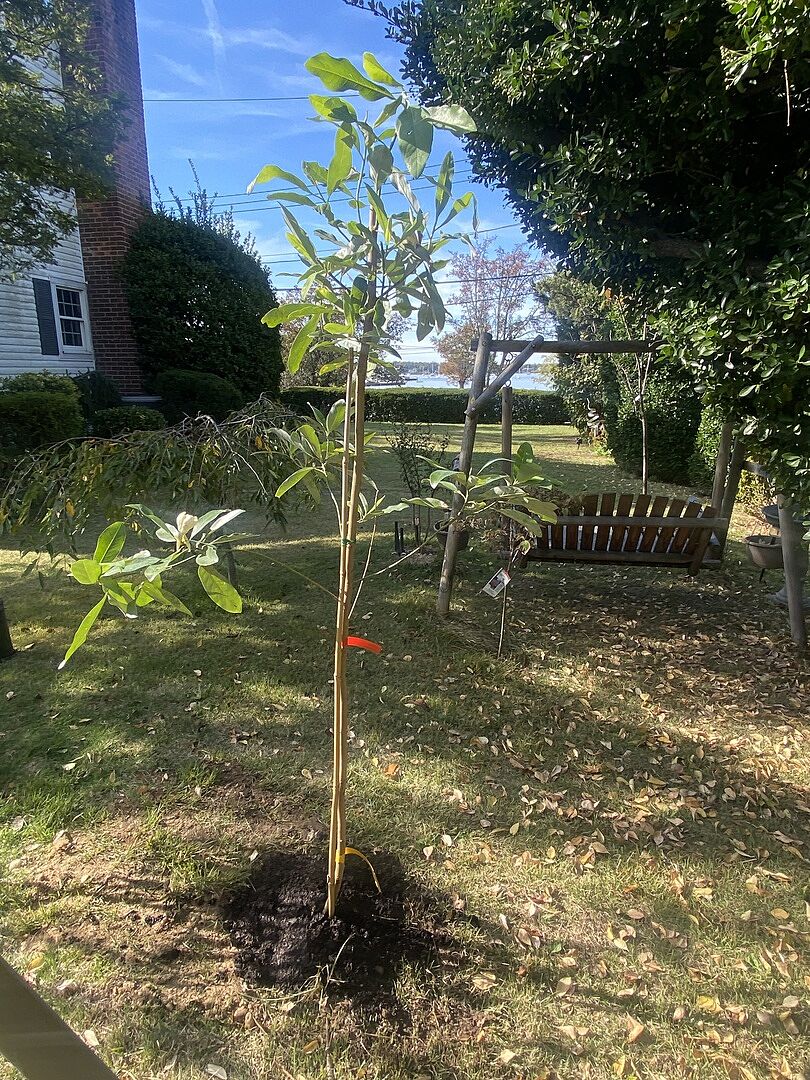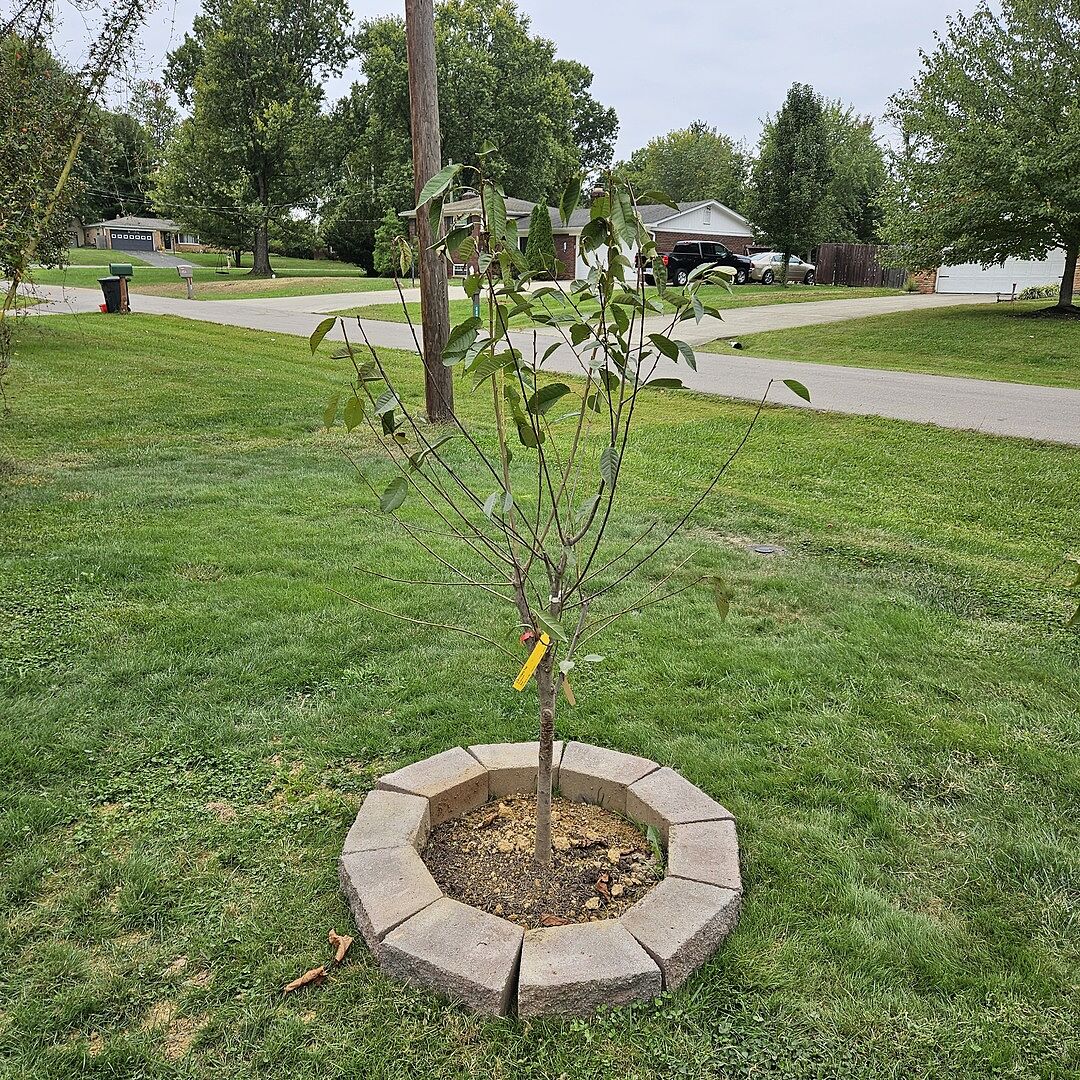Herb Plants
Filters
Only items for my growing zone
Zone -
My Location
Only items for my zoneGrowing Zones
Plant Type
Flower Color
Sunlight
Mature Height
Plant Characteristics
Bloom Season
Growth Rate
Pollination
Unique, fresh flavor from your backyard.
Whether you're looking for home-grown coffee or pepper, we've got your covered: Our Herbs & Spices are second to none. And the best part is that we've planted, grown and shipped our Spice Plants with care, so you get a head start on growth.
How to Grow Herbs & Spices
Though specific planting directions will vary, all Herbs & Spices must be grown in the proper growing zones. The most important factors are sunlight and watering needs. Most Herbs & Spices will prefer well-drained soil, but specific instructions will depend on the variety you choose.
When and How to Plant Herbs & Spices
Generally, you should plant your Herbs in early spring or fall, before or after the threat of frost has passed. From there, the actual process is simple. Find an area with well-drained soil or select a container large enough to accommodate the plant’s root ball, place your plant and back fill the soil. Finally, water and mulch to conserve moisture.
How to Prune Herbs & Spices
Again, wait until the dormant fall and winter seasons to prune. At this point, you can remove diseased, dead or broken areas. Also, always ensure you’re making your cuts with a clean, sterilized pair of shears.
As far as harvesting goes, different Herb & Spice varieties will ripen in different seasons: Some as early as the first year in the summer, and some after a few years and as late as the fall season. Either way, you'll have delicious treats faster than seed-grown!



































